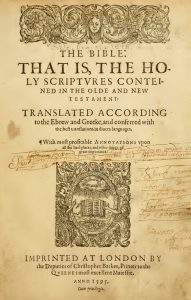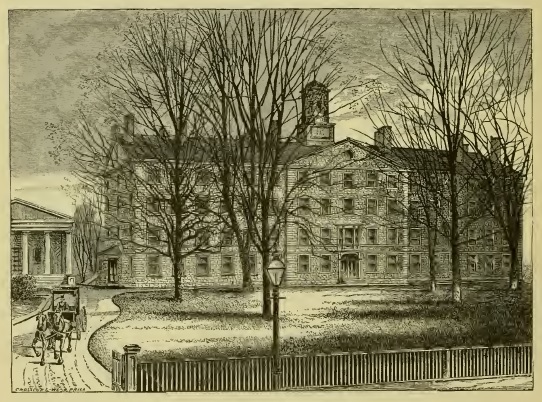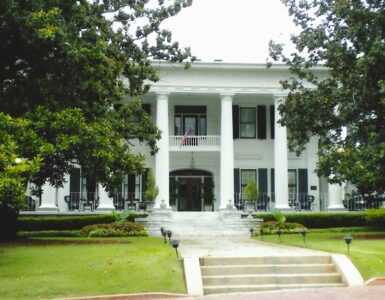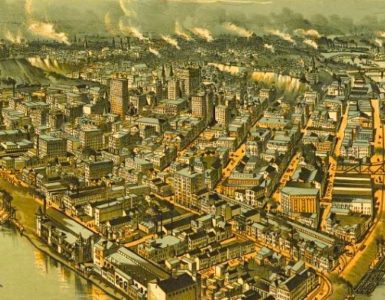 Do your best to present yourself to God as one approved, a worker who has no need to be ashamed, rightly handling the word of truth. 2 Timothy 2:15
Do your best to present yourself to God as one approved, a worker who has no need to be ashamed, rightly handling the word of truth. 2 Timothy 2:15
Paul’s instruction to Timothy should be familiar because it is a key text concerning the importance of education for ministers. It is likely that Presbyterian ministers reading this article have been encouraged and convicted by the verse during their ordination services when a member of their presbytery commissions delivered a charge. These few words express the need for recognition of one’s gifts and call by others, that is, approved; the requirement to labor with a degree of confidence and acceptance by the church, that is, no need to be ashamed; and the obligation to obtain sufficient education, exhibit personal discipline, live an exemplary life, and cultivate the interpersonal skills needed for ministry, that is, rightly handling the word of truth.
Over the years of American Presbyterian history the question “How much education is enough for a minister of the gospel?” has not so much reoccurred as it has been perpetual. Presbyterians have historically held to a high level of general and theological education so that a minister has no need to be ashamed as the word of truth is handled. The Old Side-New Side division of the Presbyterian Synod in the mid-eighteenth century was not only caused by confessional subscription and problems with itinerant evangelists but also debate about ministerial education; the Plan of Union brought the Presbyterian Church of the United States of America (PCUSA) and New England Congregationalists into a cooperative relationship in 1801 and it had an educational element; and even the Old School-New School division in 1837 had an educational vein. As is unfortunately often the case in life, views polarized with the poles designated as theological and practical. That is, the academic-doctrinal-exegetical side is more important, or the more important is the hands on, mentored, experience among people type of education. It is an unfortunate distinction given that practice should be based on theology and theology needs to come forth in practice. If there must be poles, would it not, as some do, be better to use theology and applied theology? However, it would be even better to understand that rightly handling the word of truth includes not only the doctrinal, educational, and teaching aspects of ministry but also work among the flock. A minister is handling the Bible not only in the study and pulpit, but also at the hospital bed, moderating a session meeting, visiting the widows, caring for his own household, and walking down the street as a light in a dark world. Thus, rightly handling the word of truth includes knowledge of Scripture for teaching, living, and serving.
Associated with Presbyterians’ emphasis on good education was the problem of not having enough ministers. Just as debates regarding quantity and quality of education for ministers seem perpetual, shortages of ministers in the eighteenth and nineteenth centuries were common. The article available for PDF download is titled, “The Education and Supply of Ministers in American Presbyterian History,” which is an updated and revised edition of “The Ministerial Shortage Problem in Presbyterian History & George Howe’s Appeal for More Ministers” from The Confessional Presbyterian 4 (2008), 43-51; and on pages 52-71 is a transcription of Howe’s discourse titled, An Appeal to the Young Men of the Presbyterian Church in the Synod of South Carolina and Georgia, 1836.
PDF The Supply of Educated Ministers in American Presbyterian History, 10-18-2018
Barry Waugh





